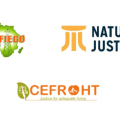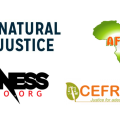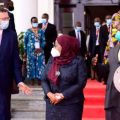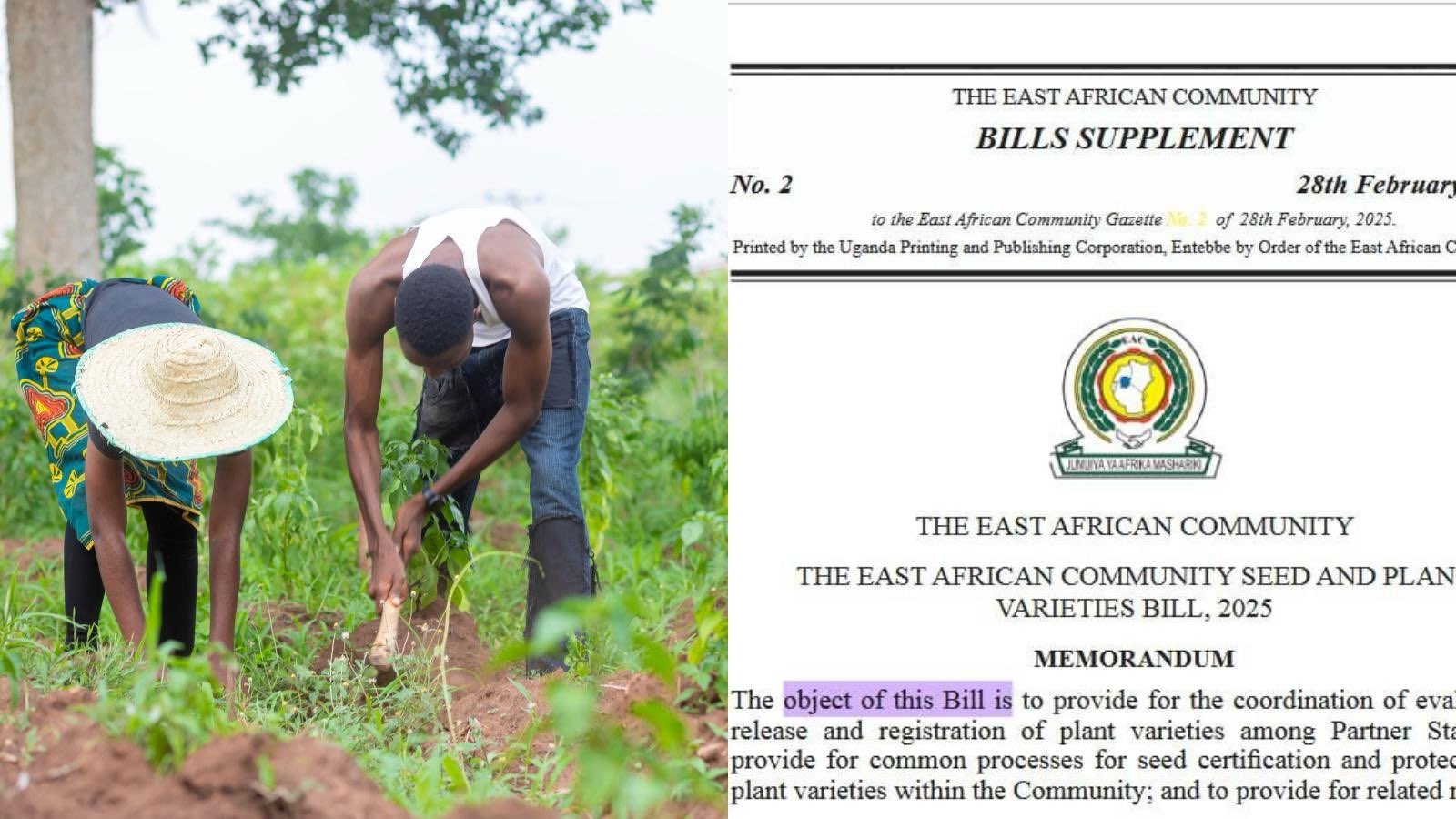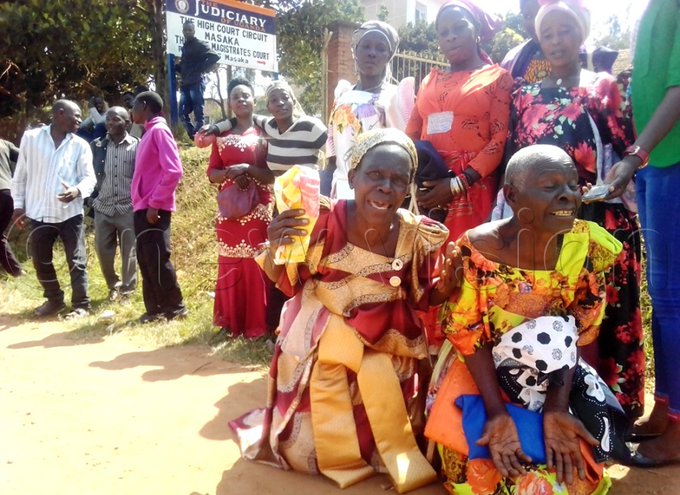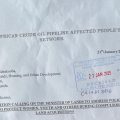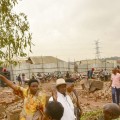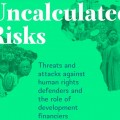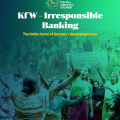By Witness Radio team.
Three years into the Kingfisher oil and gas extraction project, the situation in Kikuube District is dire. Despite repeated warnings and criticism from human rights and environmental organizations, the impact on the local population remains intolerable.
In 2024, the Environment Governance Institute Uganda (EGI) and Climate Rights International (CRI) independently published reports on the Kingfisher oil production project. A year later, in September 2025, these two influential organizations united their efforts to produce a follow-up report, which revealed even more alarming results.
The report titled “Extortion, Coercion, and Impoverishment. Human Rights Abuses and Governance Failures in the China National Offshore Oil Corporation’s (CNOOC) Kingfisher Oil and Gas Project” paints a grim picture. It shows that the hardships and abuses faced by residents of the China National Offshore Oil Corporation (CNOOC) Uganda Ltd. are not isolated incidents, but an ongoing series of violations.
Alongside the larger Tilenga project and the East African Crude Oil Pipeline (EACOP), the Kingfisher project is a crucial component of the extensive fossil fuel extraction operation in Uganda, which has been ongoing since 2017. The most important players involved are the French company TotalEnergies, the Tanzania Petroleum Development Corporation (TPDC), the Uganda National Oil Company (UNOC), and the Chinese energy giant CNOOC. While a subsidiary of TotalEnergies is implementing the Tilenga project, CNOOC serves as the executing partner for the Kingfisher project.
Last year’s reports demonstrated the immense environmental damage caused by the Kingfisher project. The Climate Accountability Institute predicted that the entire Ugandan oil production project would increase the country’s emissions. All of the projects will contribute significantly to global warming and, like all new fossil fuel extraction projects, are incompatible with the Paris Agreement’s 1.5 °C warming target.
In Kikuube district, oil drilling activities along the Lake Albert shoreline have allegedly resulted in the demolition of vegetation, increased sediment runoff, and chemical leaks over the last year, leading to the loss of breeding grounds for the local fish population, which is the basis of the livelihood for most local communities. Moreover, visible water pollution is an increasing threat to public health, as the lake is the only available water source for many residents.
Most households in villages bordering the project lack the funds to afford clean water or even medication, as they are experiencing a severe loss of income. Access to the area surrounding the project, including Nsonga, Nsuzu A, Nsuzu B, Kiina, and other nearby villages, is tightly controlled by security forces, like the Counter-Terrorism Police, the regular Traffic Police, and joint UPDF and Saracen Private Security company patrols. These enforce unannounced daily curfews by threatening and beating villagers encountered out of their homes after 6 or 7 pm, which results in a decrease in earnings for street vendors, whose main trading hours are often in the evening.
Fishing and fish trading – the primary sources of employment in the area – are also suffering greatly from the situation controlled by the company. Every two weeks, fishermen are required to pay 200,000 UGX in fishing fees. Fish traders – most of whom are women or youth – also must pay fees for their goods when passing through security checkpoints, which they often cannot afford. None of these fees levied by the security forces are receipted or even explained.
In addition to the physical restrictions, there is the ongoing loss of land. The company continues to take over communal land in the communities, forcibly evicting former residents without compensation.
Violent attacks for non-compliance with the new rules and fees are not uncommon and violate international human rights laws. In addition, there has been a disturbing increase in sexual and gender-based exploitation and abuse towards particularly vulnerable women. Many lose their sources of income due to the changed conditions and are forced into prostitution. The result is an increase in teenage pregnancies and school dropouts.
While the entire oil production project has been repeatedly criticized for human rights violations and illegal evictions, CNOOC’s actions are particularly egregious. Unlike other comparable projects, the company has never published a Resettlement Action Plan (RAP) setting out compensation requirements and plans for restoring livelihoods. However, this is a necessary measure according to Ugandan and international standards. Although CNOOC has officially committed to developing an accessible grievance mechanism for community members, the residents interviewed for the report are not aware of any such mechanism.
Although arbitrary violence and sexual assaults against women have decreased since a new commanding officer of the local Uganda Peoples’ Defense Forces (UPDF) was appointed, restrictive military control over the area and its inhabitants remains oppressive. Even under the new commander, Mubingwa Moses, residents continue to be restricted in their traditional way of life and work by opaque rules. The systematically imposed fees further exacerbate the situation of those affected and can only be described as exploitation.
The report by EGI and CRI makes a fundamental demand: “Uganda’s oil development is perpetuating climate, environmental, and human rights harms in violation of both national and international law and should be discontinued”. Furthermore, it explains in detail what is specifically needed to change the situation for those affected. The demands include conducting an independent and transparent investigation into the documented human rights violations, environmental degradation, and socio-economic impacts.
An independent body should examine all activities and suspend them until the situation is resolved. The primary demand is to ensure reparations and corporate accountability. CNOOC is expected to adopt a strict zero-tolerance policy regarding human rights violations, violence, and corruption, and to provide accessible and effective grievance procedures and compensation for those affected. In this regard, an appeal is made in particular to state and international institutions to monitor and enforce the promises made by the company.
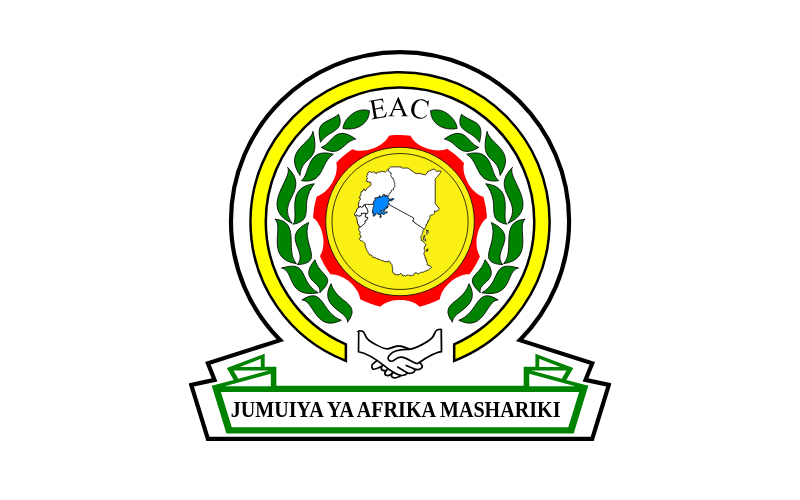
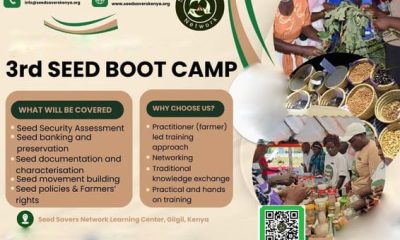
 MEDIA FOR CHANGE NETWORK2 weeks ago
MEDIA FOR CHANGE NETWORK2 weeks ago
 MEDIA FOR CHANGE NETWORK1 week ago
MEDIA FOR CHANGE NETWORK1 week ago
 SPECIAL REPORTS AND PROJECTS1 week ago
SPECIAL REPORTS AND PROJECTS1 week ago
 MEDIA FOR CHANGE NETWORK1 week ago
MEDIA FOR CHANGE NETWORK1 week ago
 SPECIAL REPORTS AND PROJECTS1 week ago
SPECIAL REPORTS AND PROJECTS1 week ago
 MEDIA FOR CHANGE NETWORK1 day ago
MEDIA FOR CHANGE NETWORK1 day ago
 NGO WORK20 hours ago
NGO WORK20 hours ago
